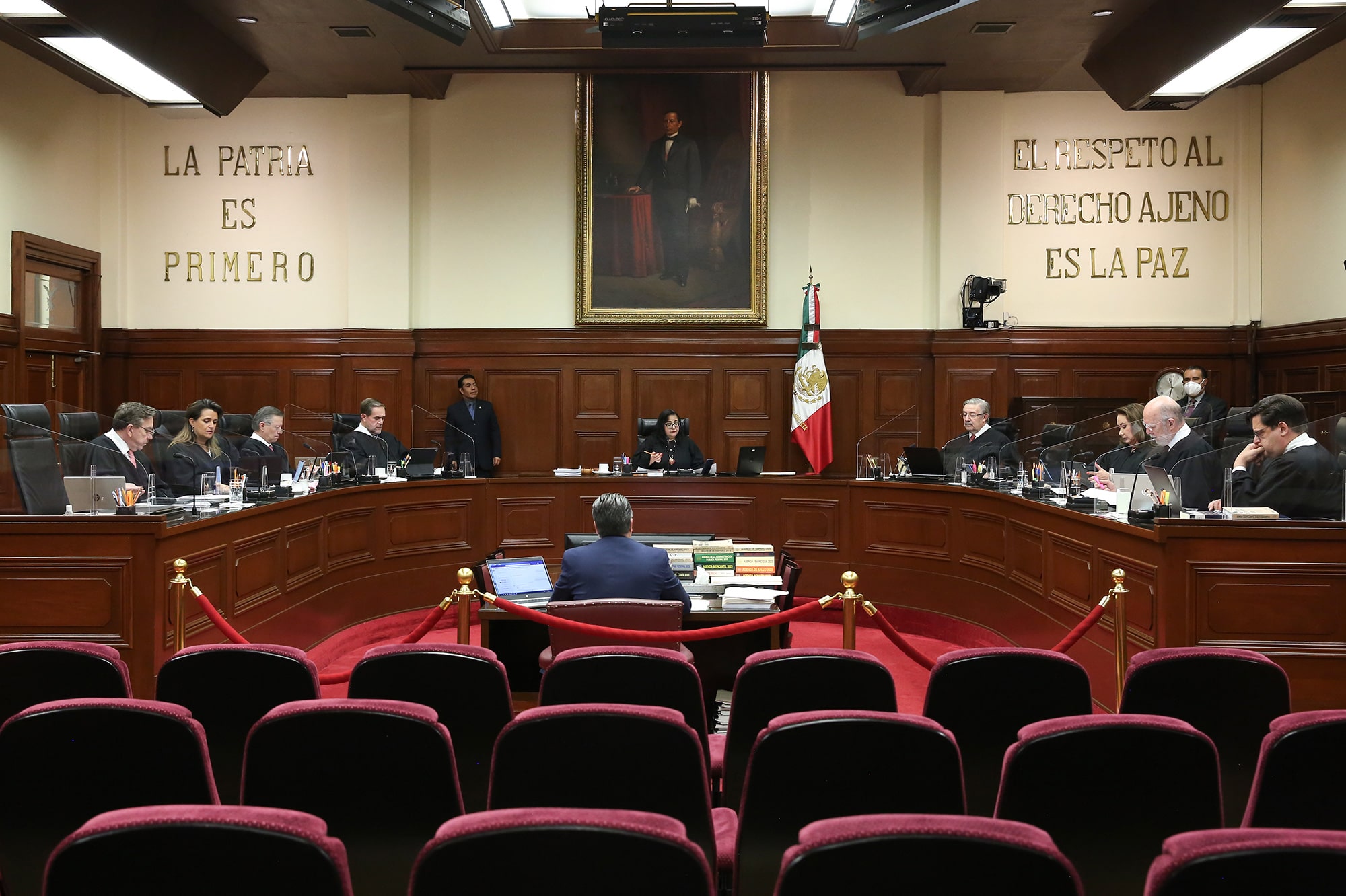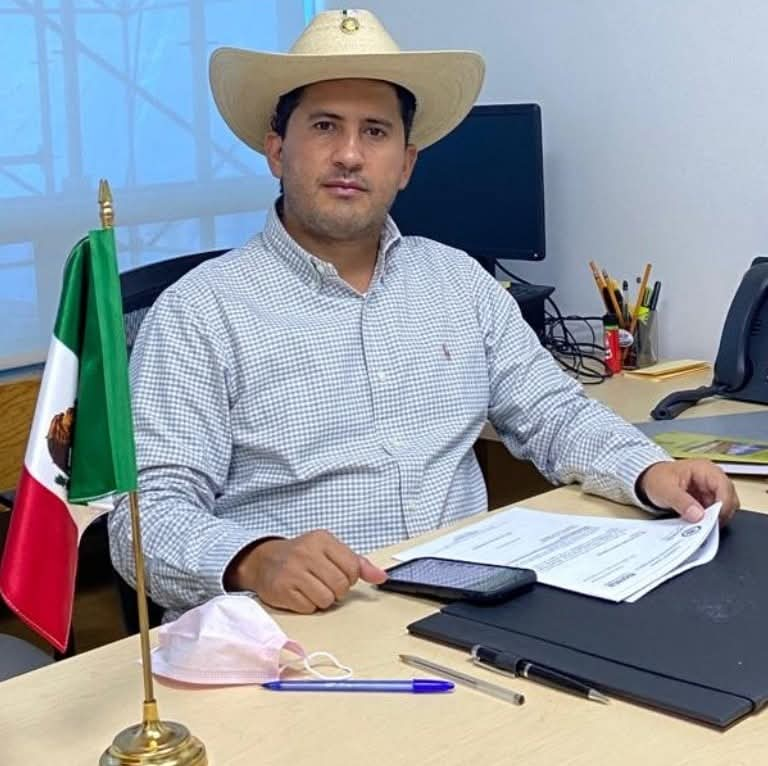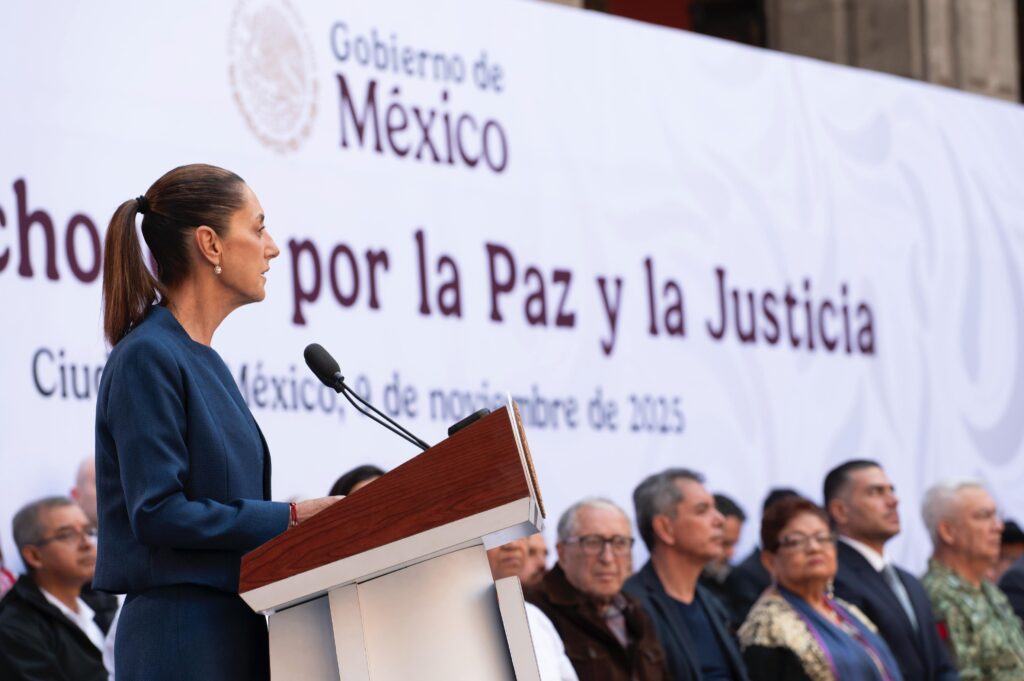Mexico City, Mexico — Days after Mexico held its first national elections to choose judges and magistrates, the country is left reflecting on a largely ignored, controversial vote.
For the first time, Mexicans were able to directly elect members of the judiciary via popular vote thanks to a controversial judicial reform passed during the administration of former President Andrés Manuel López Obrador.
Although an historic milestone, the elections – which reportedly cost over over $400 million – saw disappointing voter turnout, with just 13% of eligible Mexicans heading to the polls last Sunday.
By Tuesday, the National Electoral Institute (INE) reported that over 96% of ballots had been counted, with nearly 2,700 judicial positions on the line.
Despite the scale and political significance of the event, much of the population appeared apathetic toward the historic election.
Only around 13 million Mexicans participated, with most votes coming from a handful of states. Coahuila and Veracruz had the highest turnout, at 23% and 19%, respectively.
In contrast, states like Jalisco and Guanajuato – strongholds of the political opposition to the ruling MORENA party which promoted the elections – had an especially low turnout, with 7.10% in Jalisco and 6.62% for Guanajuato.
Among the thousands of positions up for election, nine Supreme Court seats were the most significant. The selection of a new President of the Supreme Court could prove to be a gamechanger for the balance of power within the judiciary.
As of Tuesday, Mexico’s electoral authority announced that the ruling party–backed candidate, Justice Hugo Aguilar, leads the polls with 5,295,364 votes. If confirmed, Aguilar’s election would mark another historic milestone, as he is the only candidate of Indigenous descent.
Aguilar launched his candidacy as an outsider and a reformer. Born in Oaxaca, a region in Mexico’s southeast with a high concentration of Indigenous communities, Aguilar built his career advocating for Indigenous rights.
Criticism of judicial elections
Critics of Mexico’s judicial elections have argued that they will serve more as a strategic power grab by the ruling MORENA party than a genuine democratization of the judiciary.
MORENA’s leader, President Claudia Sheinbaum, celebrated the elections as a democratic triumph.
“Of course the election is a success! People went out to vote freely and decided who to vote for,” she said.
From its inception, the reform that enabled the direct election of judges and magistrates was seen by many as a strategic move by then-President López Obrador (AMLO) to weaken the only remaining counterweight in a largely hegemonic – and for some, presidentialist – government.
Throughout his six-year term, the judiciary managed to block several of AMLO’s most controversial initiatives, such as his decree to place the National Guard under military control.
The very judicial reform’s passage through Congress was itself controversial at the time. In September, the MORENA party relied on the vote of a known opponent from the opposition PAN party to secure its passage. Senator Miguel Ángel Yunes, under investigation for corruption, and his father—a former senator investigated for sexual exploitation—played a decisive role in passing the legislation.
On Sunday, the former president and architect of the reform, who has largely remained out of the public eye, reappeared to cast his vote and cheered one of his most controversial legacies.
“It is the first time in history. That is why I wanted to participate in this historic election,” said AMLO. “Second, I am very happy to live in a free and democratic country. Third, I would also like to share my opinion, something I confess publicly: We have the best president in the world.”
Featured Image sourced from Supreme Court official webpage









